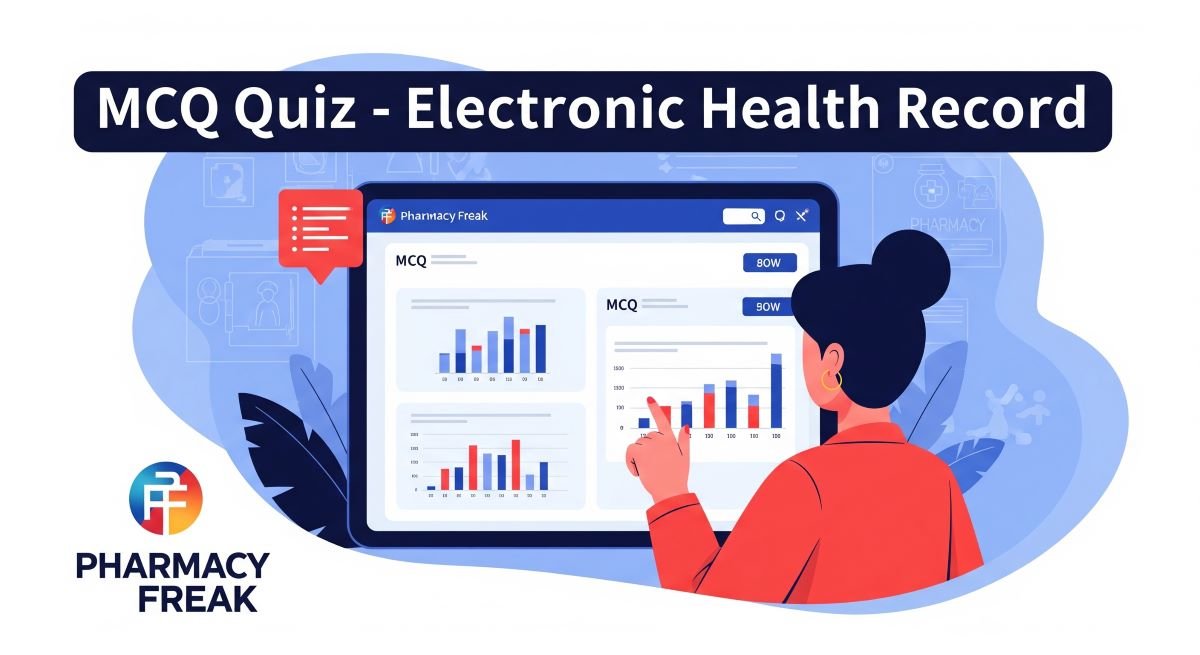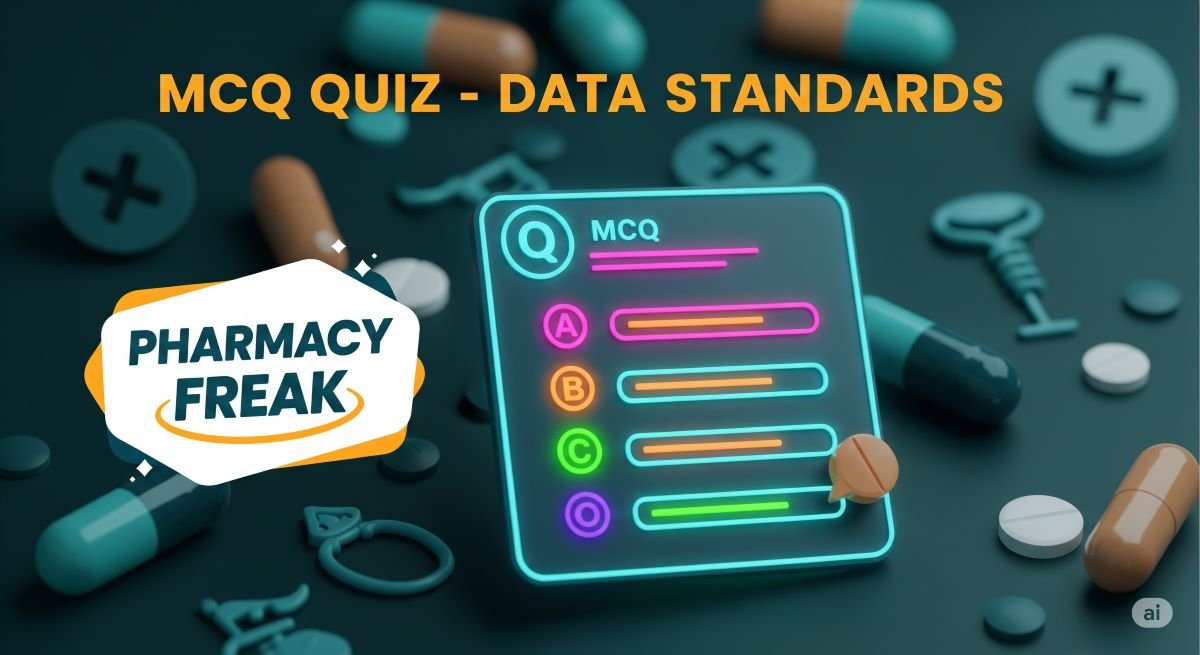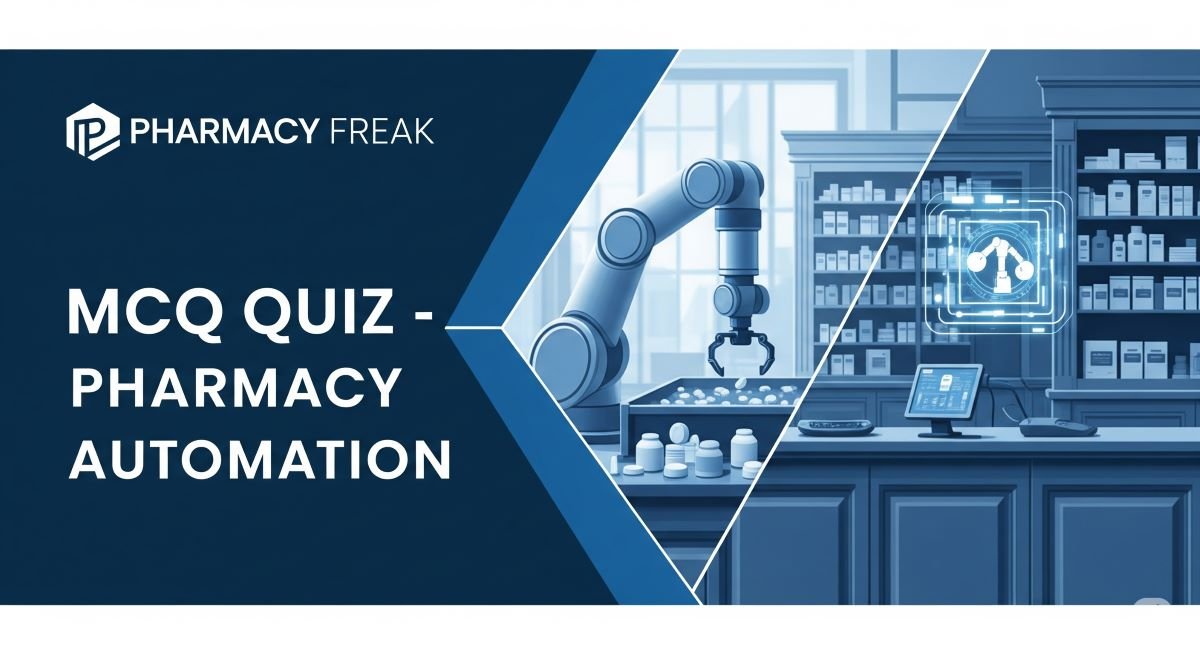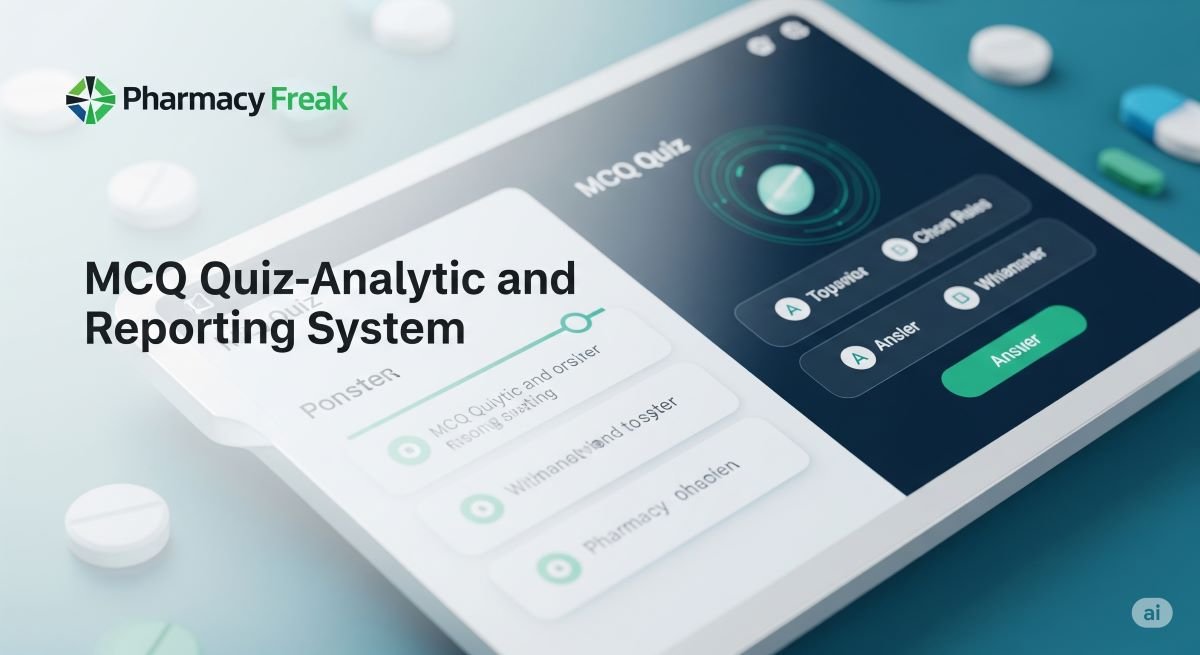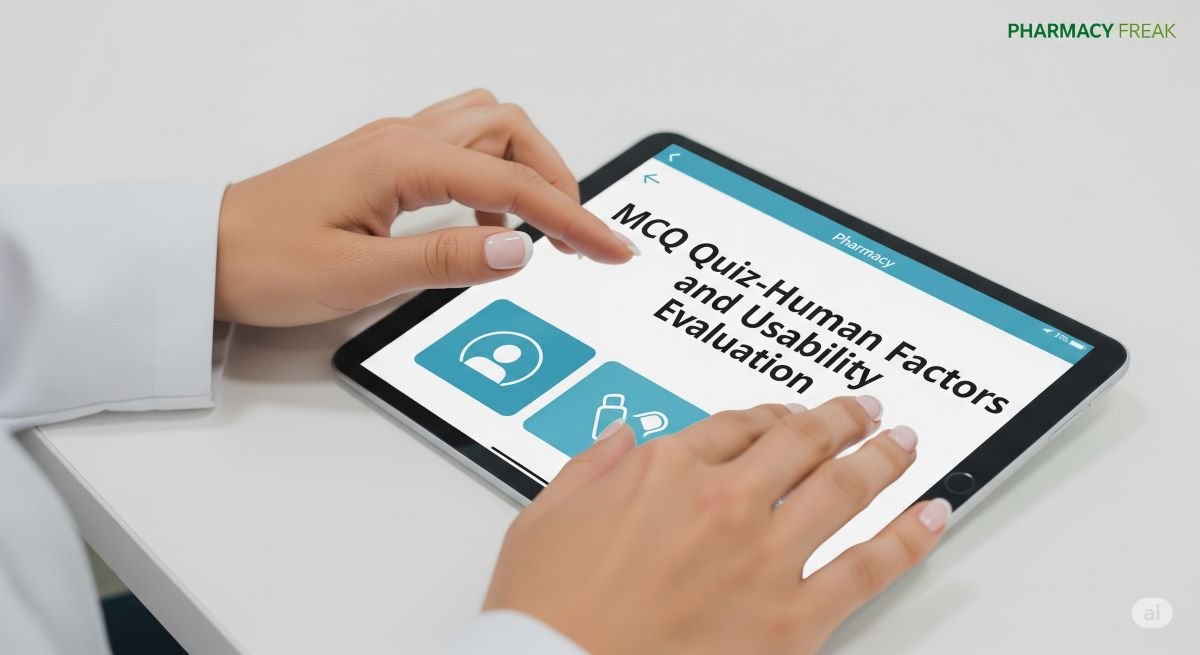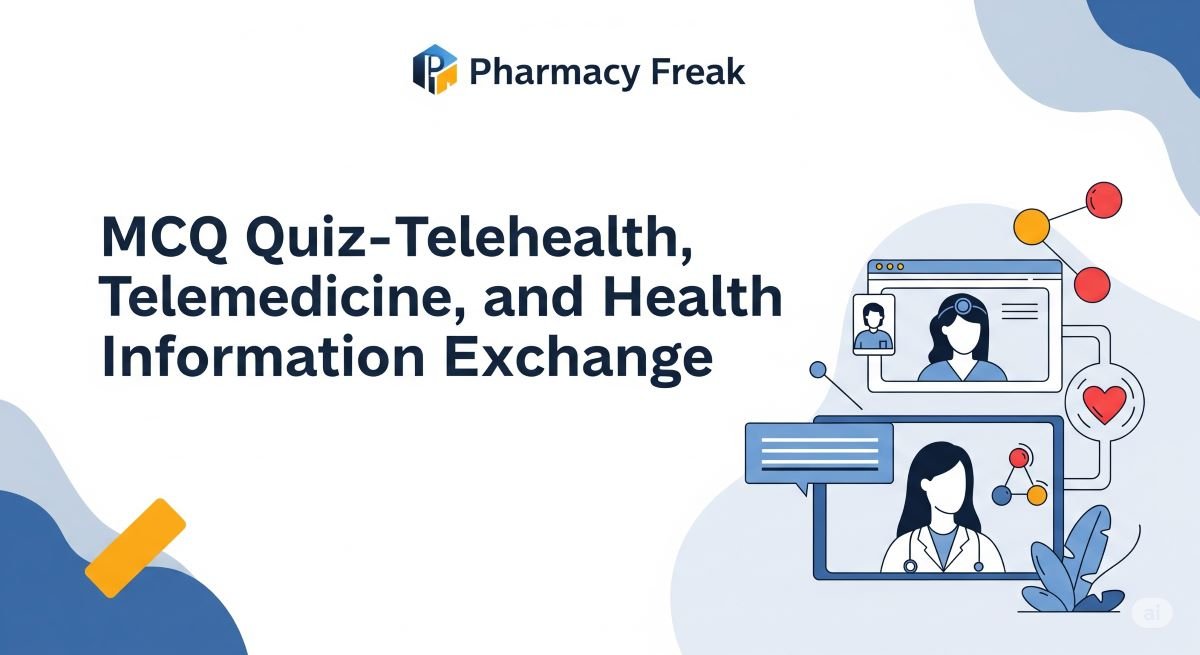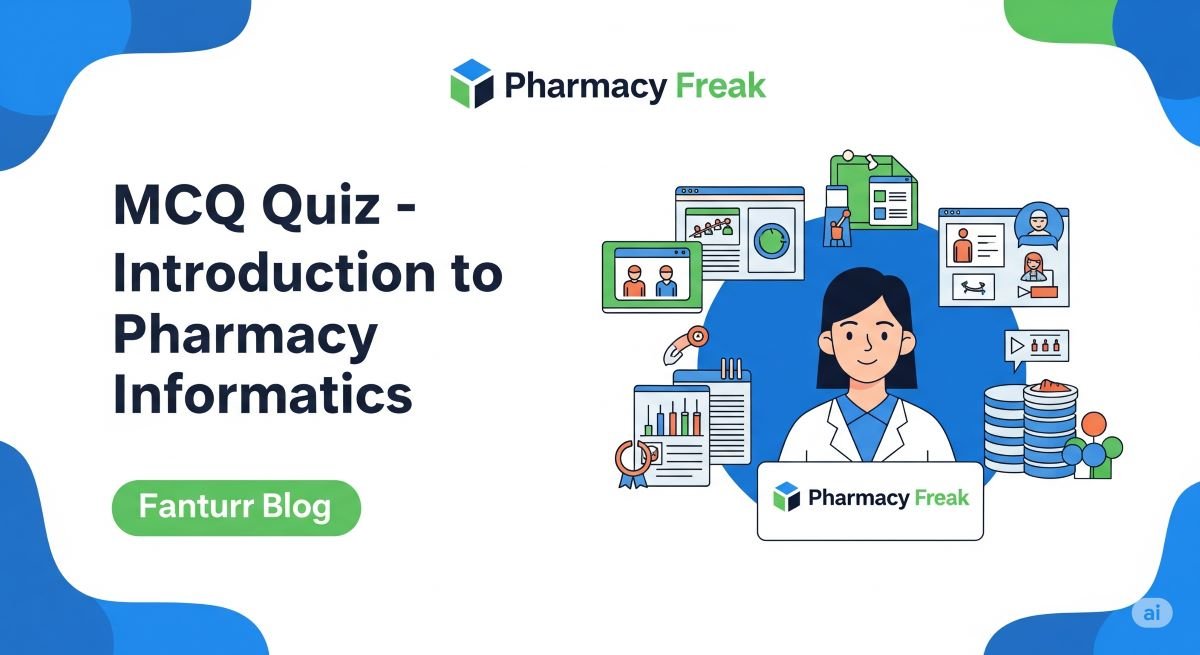
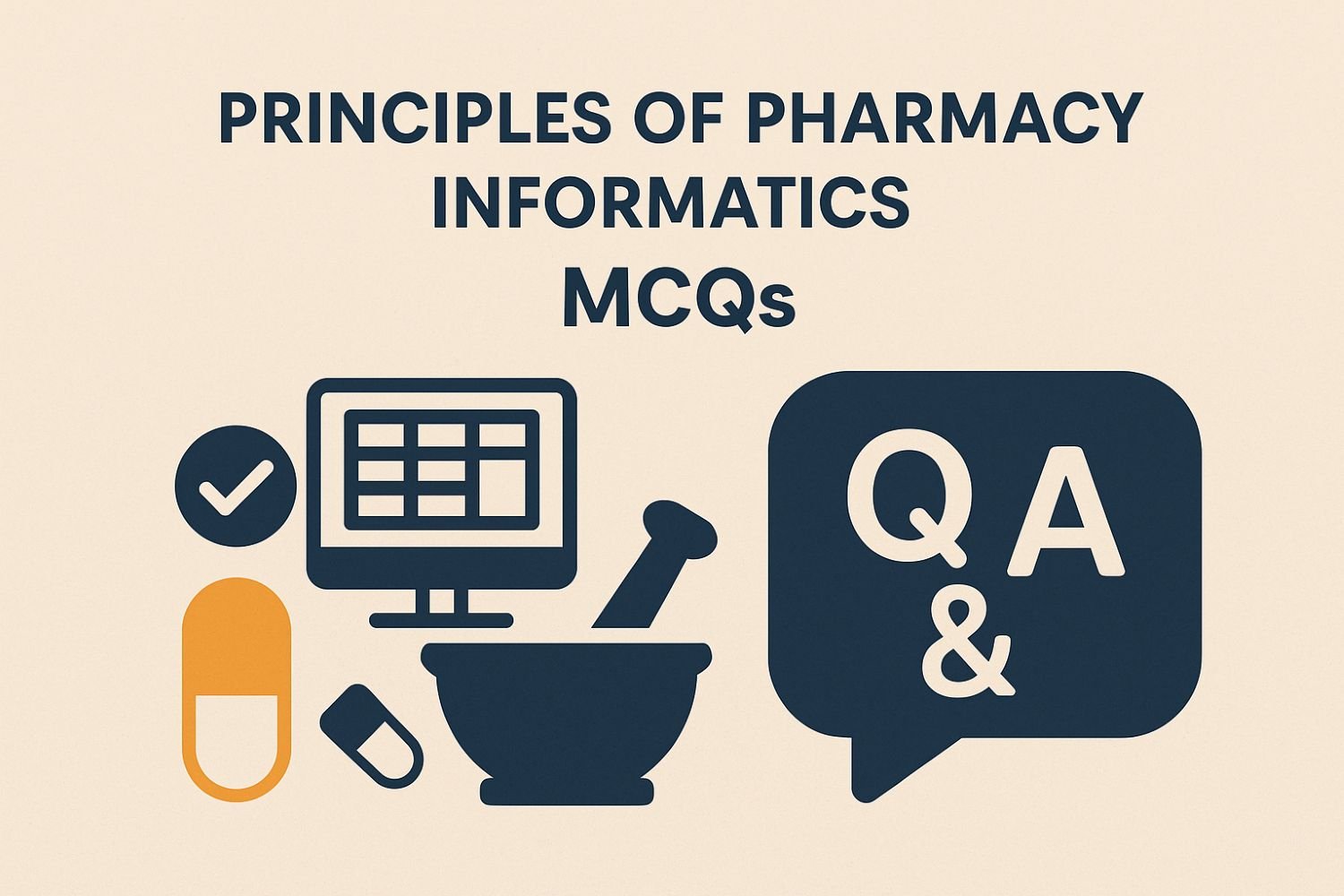
Excel at Principles of Pharmacy Informatics MCQs
Pharmacy informatics connects technology, data, and clinical practice to improve patient care. These MCQs test your ability to understand informatics principles, apply them in pharmacy settings, and solve real-world challenges involving electronic health records, medication safety, and clinical decision support.
What’s Covered in Pharmacy Informatics?
This subject introduces the foundations of informatics in pharmacy practice. You’ll explore how information systems are designed, how data is managed, and how pharmacists use technology to enhance efficiency, safety, and clinical outcomes.
What Will Pharmacy Informatics MCQs Test?
Core Focus Areas
Electronic Health Records (EHRs):
Expect questions on EHR functionality, medication reconciliation, interoperability, and the pharmacist’s role in documentation.Clinical Decision Support (CDS):
MCQs may test your knowledge of alerts, order sets, and evidence-based tools that guide prescribers and pharmacists in real time.Medication Safety and Error Prevention:
Look for scenarios about barcoding systems, automated dispensing cabinets, and e-prescribing safeguards.Data Standards and Interoperability:
Expect questions on HL7, SNOMED, RxNorm, and how standardized data supports communication across healthcare systems.Workflow and System Design:
Some MCQs will cover usability, human factors, and how informatics tools impact pharmacy workflow.Privacy and Security:
Be ready for questions about HIPAA, data security, and protecting patient information in digital systems.
Why These MCQs Matter
Here’s the thing: technology is central to modern pharmacy practice, and pharmacists need to be fluent in informatics. These MCQs prepare you to think critically about how systems are designed, used, and optimized to improve safety and care.
Tips for Success with Pharmacy Informatics MCQs
1. Know the Terminology:
Get comfortable with informatics terms like interoperability, clinical decision support, and standardized vocabularies.
2. Prioritize Patient Safety:
When in doubt, choose answers that improve safety and reduce the risk of medication errors.
3. Think System-Wide:
Don’t just focus on individual users—consider how technology impacts the entire healthcare team and workflow.
4. Balance Efficiency and Accuracy:
The best answers often reflect solutions that improve speed while maintaining quality and safety.
5. Stay Current:
Pharmacy informatics evolves quickly, so pick responses that align with modern systems and best practices.
Building Informatics Skills for Pharmacy
Mastering Principles of Pharmacy Informatics MCQs gives you the foundation to excel in a tech-driven healthcare environment. Each question is an opportunity to strengthen your knowledge of data, systems, and patient-centered technology.
